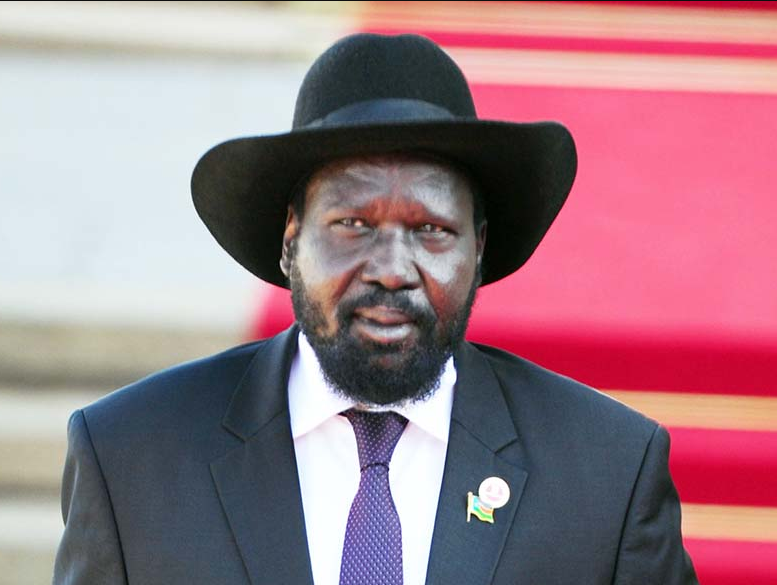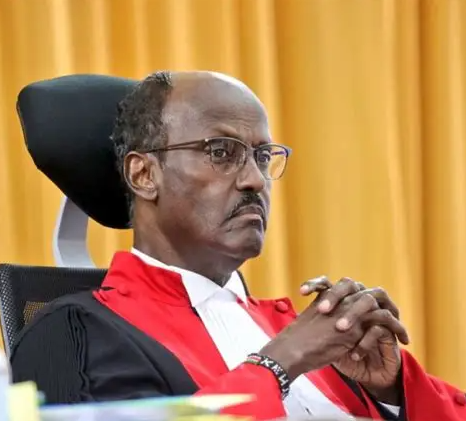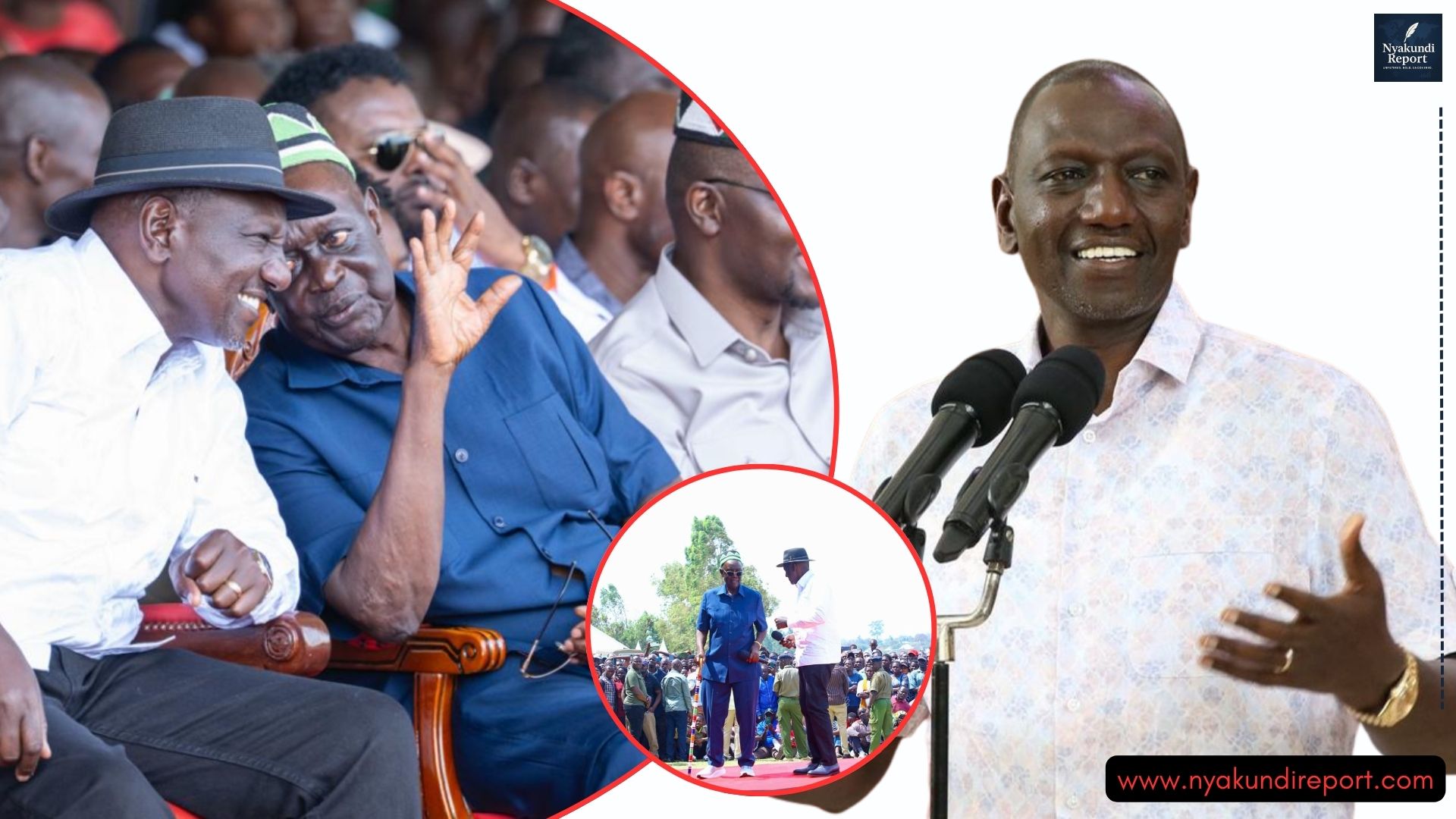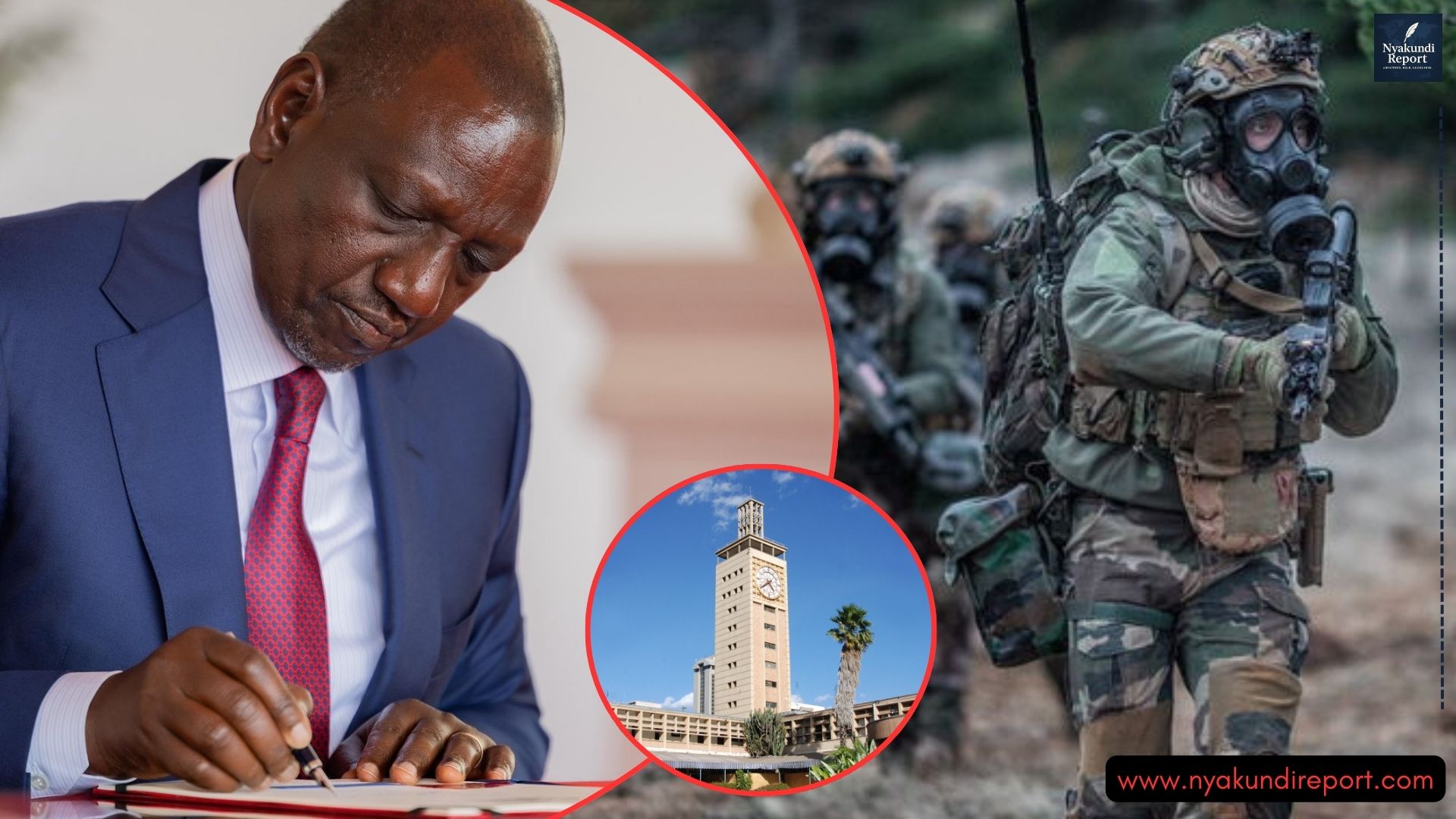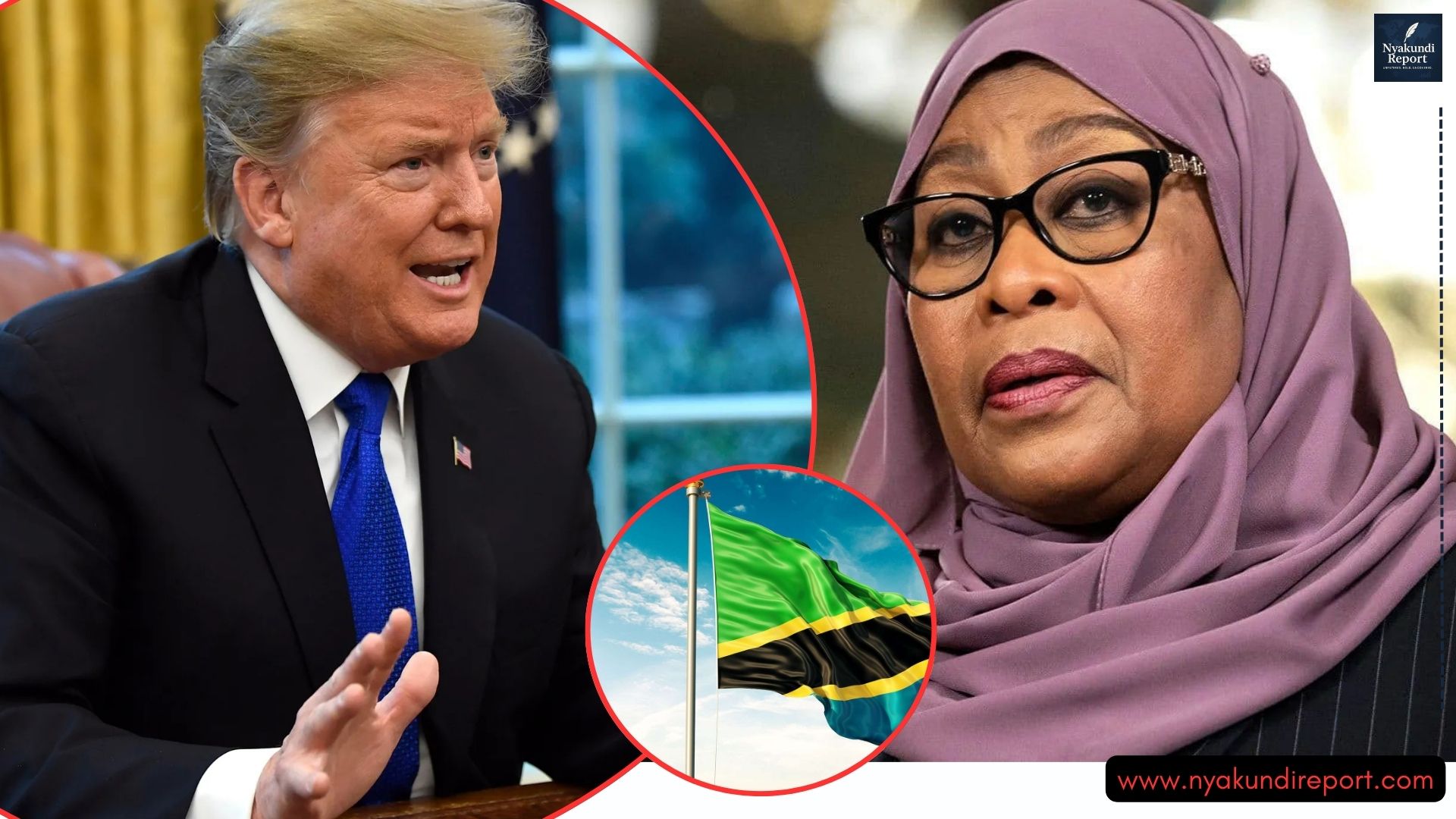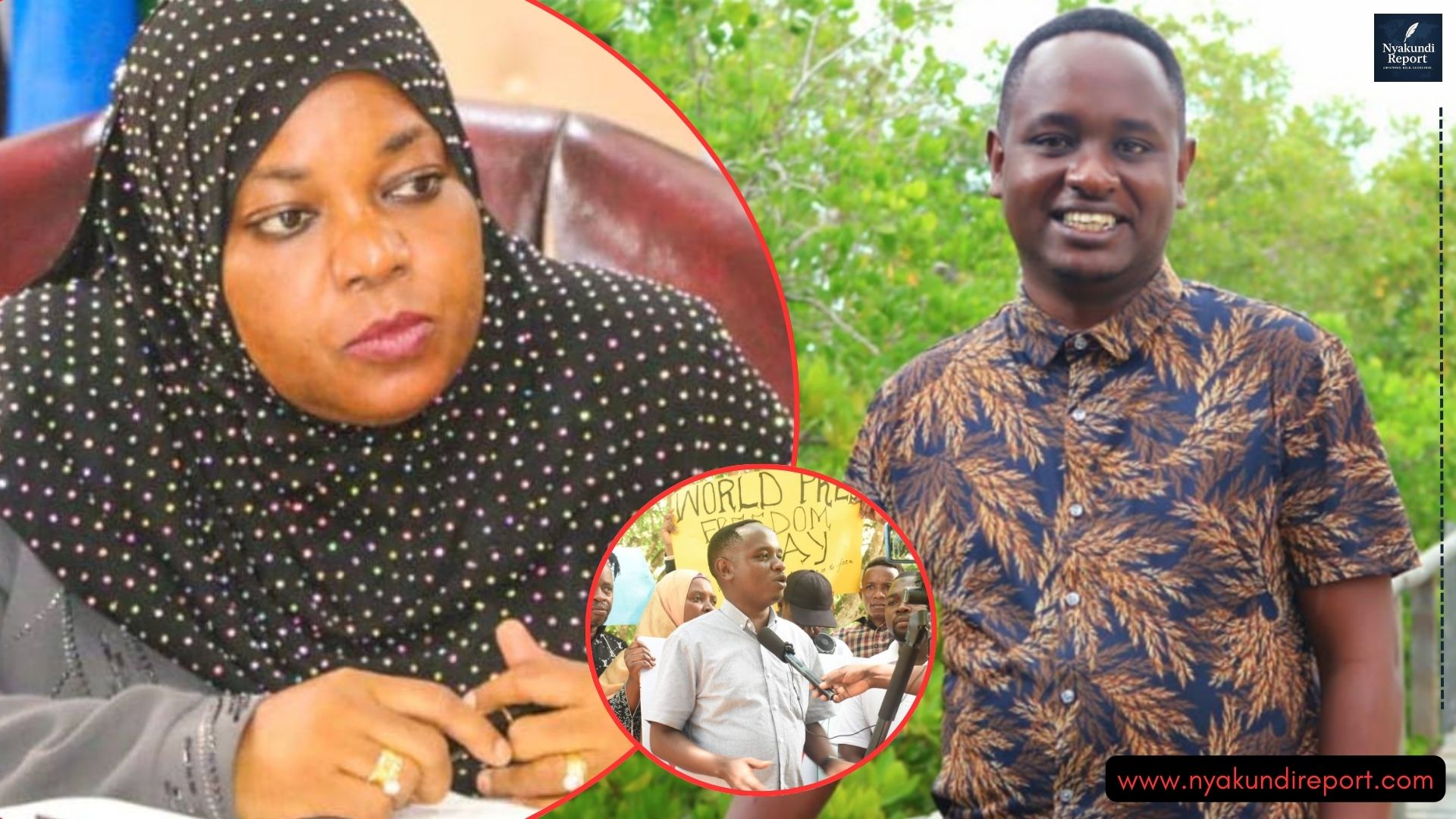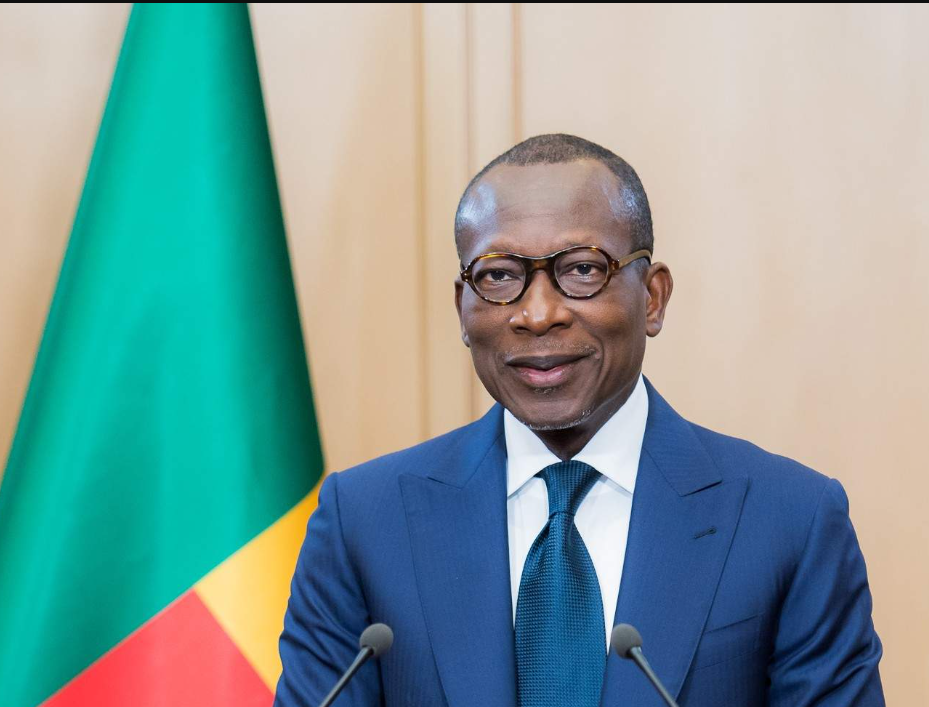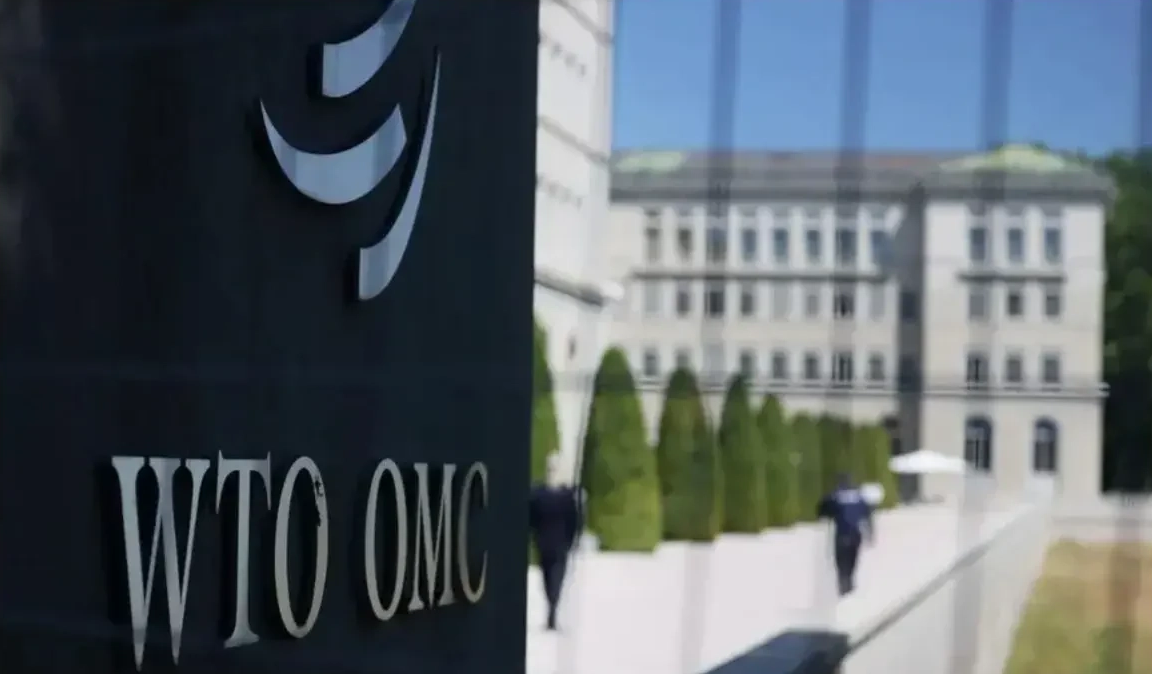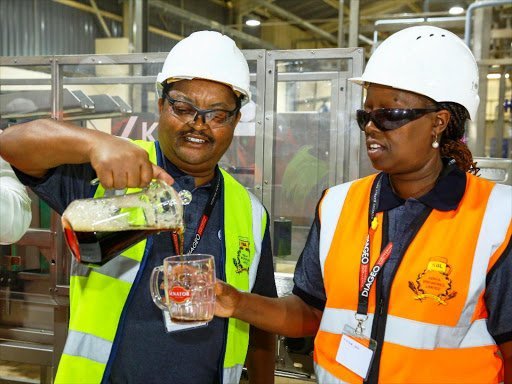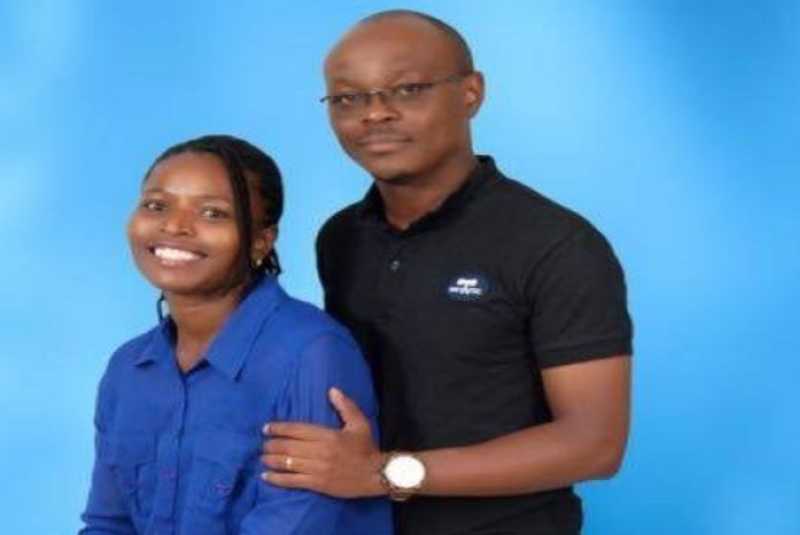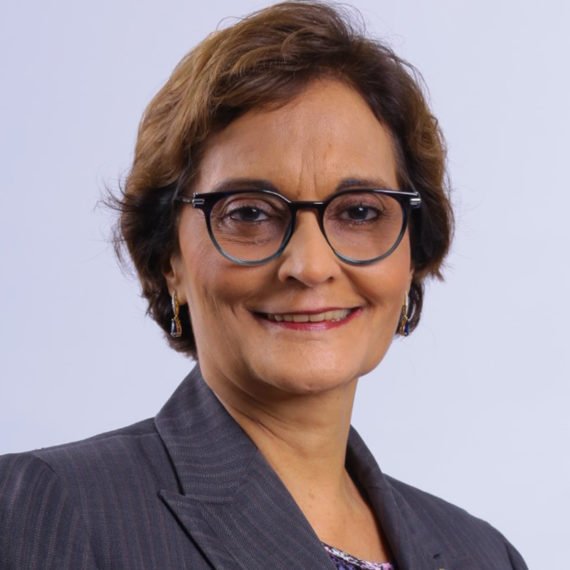Teachers have renewed calls to the government demanding the separation of Junior Secondary School from Primary Schools. Their outcry comes only days after a tense meeting at State House where the matter stirred heated debate.
According to the Kenya Union of Post-Primary Education Teachers (KUPPET), the current arrangement has created confusion in administration, sports, and learning activities.
Teachers insist that Junior Secondary must be granted full autonomy to safeguard the future of the Competency-Based Curriculum and to give both learners and teachers a fair system.

Teachers Push for Separation of Junior Secondary School From Primary Schools
On Saturday, September 20, Junior Secondary School (JSS) teachers took to the streets and addressed the media, arguing that the government’s decision to domicile JSS in Primary Schools was a mistake. They said the move undermines learning, causes confusion in co-curricular programs, and creates unfair workloads for teachers.
“We, as JSS teachers, we want to be independent. We want our own institutions so that we can carry out our duties effectively,” said one teacher during a press briefing in Machakos County.
Another teacher added, “There is a lot of confusion, starting from the entire administrative functions to how sports and co-curricular activities are managed. This is affecting not only the teachers but also the learners.”
The educators maintained that JSS cannot operate effectively when tied to either Primary or Senior Secondary schools. They demanded a clear administrative framework unique to JSS learners and institutions.
The teachers’ demonstrations came just a week after KUPPET Secretary General Akello Misori raised the same issue before President William Ruto at State House. Misori warned that if the government ignored the concern, the Competency-Based Curriculum would lose direction.
Heavy Workload and Unfair Teaching Conditions
Beyond administrative confusion, JSS teachers also pointed to a growing crisis in their workload. Many said they handled up to 45 lessons per week, almost double what their Primary School counterparts teach.
“How can a teacher who teaches Grade 9 students be assessed by a Grade 3 class teacher? This is unfair and unsustainable,” one JSS teacher lamented.
Teachers explained that the imbalance not only affects their performance but also compromises learners’ quality of education. They warned that if the government continues to ignore the issue, teacher burnout and student underperformance would rise.
Some teachers argued that the burden is pushing JSS educators to breaking point. They called on the Ministry of Education to immediately review lesson allocations and create structures that reflect the reality of teaching higher-level learners.

Confusion Threatens Competency-Based Curriculum
Teachers also tied their demands to the future of the Competency-Based Education (CBE). According to them, failure to separate JSS from Primary Schools could derail the entire system.
“The only way to protect CBE is to give Junior Secondary its independence. Without that, the program will collapse,” a teacher said during the press briefing.
The educators said the government’s insistence on keeping JSS in Primary Schools ignores the unique needs of learners in Grade 7, 8, and 9. They argued that these students require a setting different from younger children in lower grades.
While KUPPET’s Secretary General Misori voiced the same concerns at State House, his remarks were met with hostility from a section of teachers present. The backlash forced him to pause his address until Basic Education Principal Secretary Julius Bitok stepped in to calm the situation.
Despite the opposition, Misori has remained firm, insisting that separation is the only solution to the crisis. Teachers say they will continue to push for reforms until the government acts.

